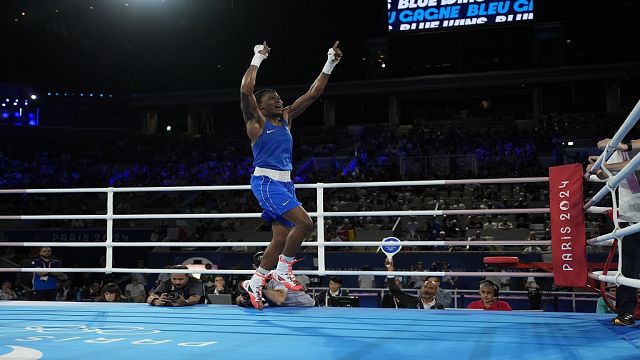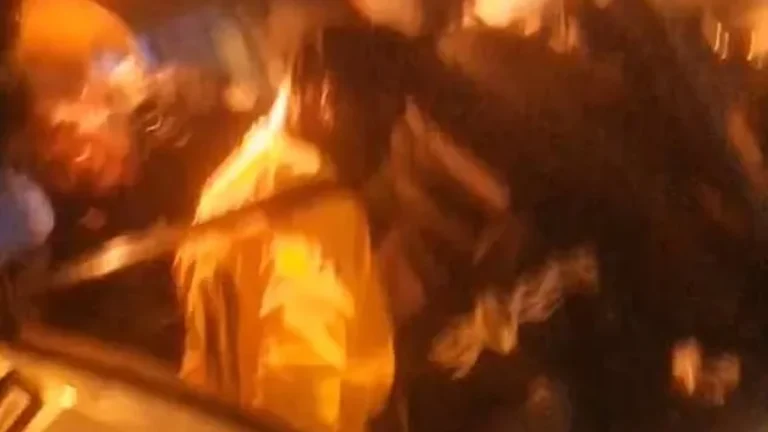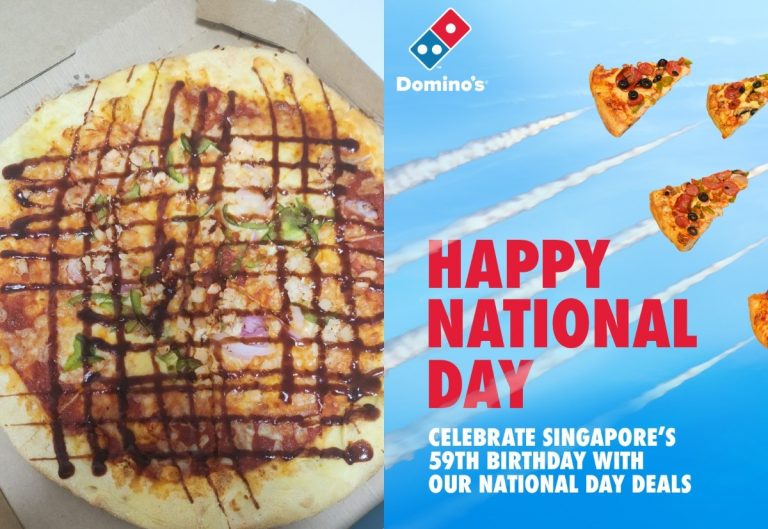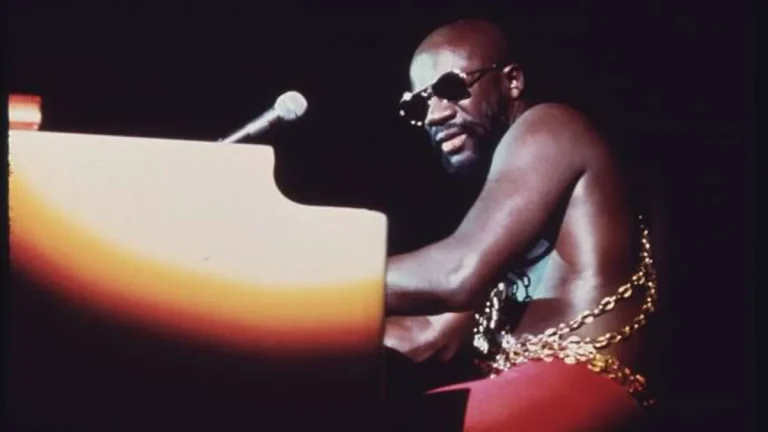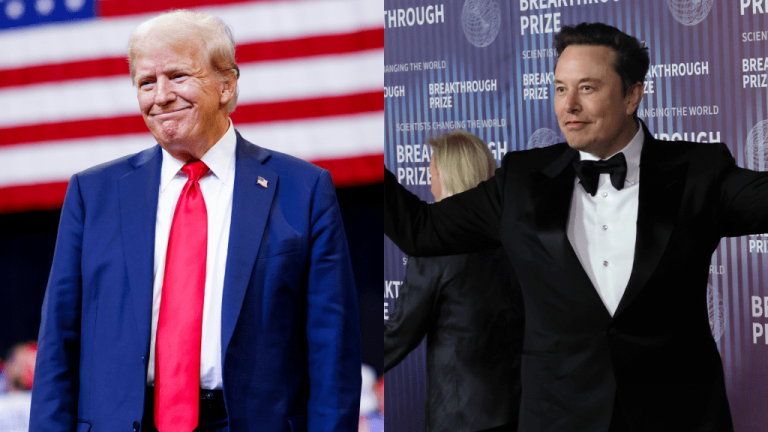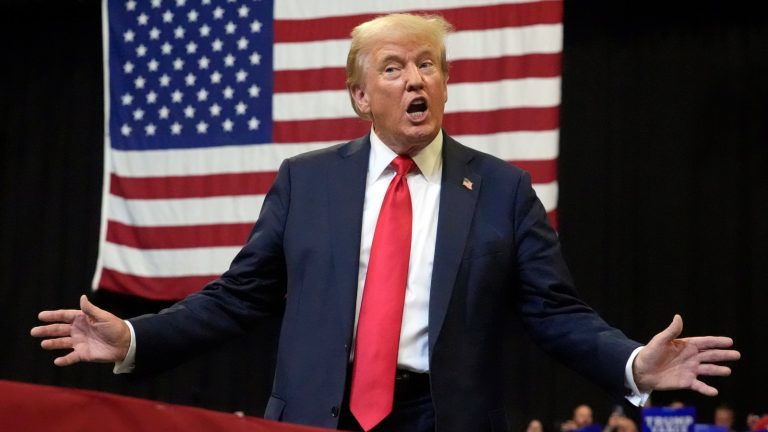In July 2016, then-candidate Donald Trump called on the Russian government to hack the emails of his Democratic rival, Hillary Clinton. It wouldn’t be long before the scandal of Russian election interference would dominate headlines for much of the campaign and Trump’s presidency. And Trump has since claimed that his public call — for Russians to “find the 30,000 emails” so that “our press” could have a field day — was somehow a joke.
But in the intervening years, the former and perhaps future leader of the free world has provided ample evidence that he wasn’t, well, joking at all. In a 2019 interview with ABC, the then-sitting president explicitly stated that “I think I’d take it,” when asked if he would accept dirt on a political opponent that was offered up to him by a foreign power. Trump only added he’d “go maybe to the FBI” if he thought “there was something wrong.”
Today, the shoe is entirely on the other foot, with Trump and his campaign now the victims of an alleged foreign hacking and leaking operation during the most crucial months of a close American presidential contest. This time, it doesn’t seem to be Russia. Team Trump is pointing the finger at Iran; Rolling Stone has yet to independently verify that claim. The FBI is investigating the alleged hack.
According to two sources familiar with the matter, the Trump team has been scrambling to assess the extent of the damage, and how, exactly, the apparent hacking may affect different facets of the Trumpworld elite, not just the presidential campaign’s staff. “It’s very scary stuff,” one source close to Trump, who has been communicating with campaign officials in recent days about the alleged hacking operation, succinctly notes to Rolling Stone.
Trump campaign spokesman Steven Cheung claimed in a statement that Iran was responsible for the apparent hack of a senior campaign staffer’s internal communications. No outlet has published any leaked documents yet. Cheung preemptively criticized any journalists who dare to report on them.
“Any media or news outlet reprinting documents or internal communications are doing the bidding of America’s enemies and doing exactly what they want,” he said.
That’s a radical departure from 2016, when Trump openly called on Russia to hack and release Clinton’s emails. “Russia, if you’re listening, I hope you’re able to find the 30,000 emails that are missing,” Trump said at a press conference. “I think you will probably be rewarded mightily by our press.”
Russian actors reportedly targeted Clinton’s campaign and personal office on or around that same day. Trump argued the source of the Clinton campaign materials shouldn’t matter — the content was more important. In October 2016, Trump complained that the hacked emails released by WikiLeaks were not getting enough coverage from reporters. “Very little pick-up by the dishonest media of incredible information provided by WikiLeaks,” he posted on X (formerly Twitter).
The Trump campaign did not respond to a request for comment on Monday asking whether the former president still believes that it is acceptable for media outlets and political candidates to cover and highlight a campaign’s internal documents or communications if they were hacked.
News of the hack comes at a time when Trump is mired in the final two-and-a-half-month blitz of his 2024 crusade to retake the White House. It’s an election with remarkably high stakes for the American public — and for Trump personally. The outcome of the race between him and Vice President Kamala Harris won’t merely decide whether Trump gets a chance at implementing his increasingly authoritarian vision for the nation. Election Day in November could very well determine whether or not Trump ever faces actual prison time.
And it’s in this environment in which a foreign actor, allegedly the Iranian government, is trying to mess with Trump’s electoral chances at returning to power. Iranian officials are still furious with Trump for, among other things, blowing up Qasem Soleimani, and have wanted vengeance for years.
However this alleged attack by Iran on the Trump team’s private communications shakes out, it will be done in the shadow of years of MAGAland openly gloating and mocking elite Democrats for getting breached by Russian hackers.
For instance, in December 2016, senior veterans of the Trump and Hillary Clinton campaigns gathered at Harvard University, to make first-draft-of-history-style presentations for the assembled crowd and journalists. With the wounds of 2016 still fresh, the event quickly devolved into chaotic sniping, insults, and hurt feelings. At one point, when the issue of Russian election interference, which was designed to help Trump win, came out, Trump lieutenant Brad Parscale told the lineup of Clinton officials that there was such a thing as two-step verification for email accounts… and that maybe Democrats should try it.
Years later, in the lobby of what was, at the time, Washington, D.C.’s Trump International Hotel — just walking distance from the Trump White House — this reporter caught up with Parscale about what he said to the Clinton senior staff. He smiled, recalled that it was a “funny” line that he trotted out, and reveled briefly in his trolling of Trump’s political nemeses.
Things are different now.

